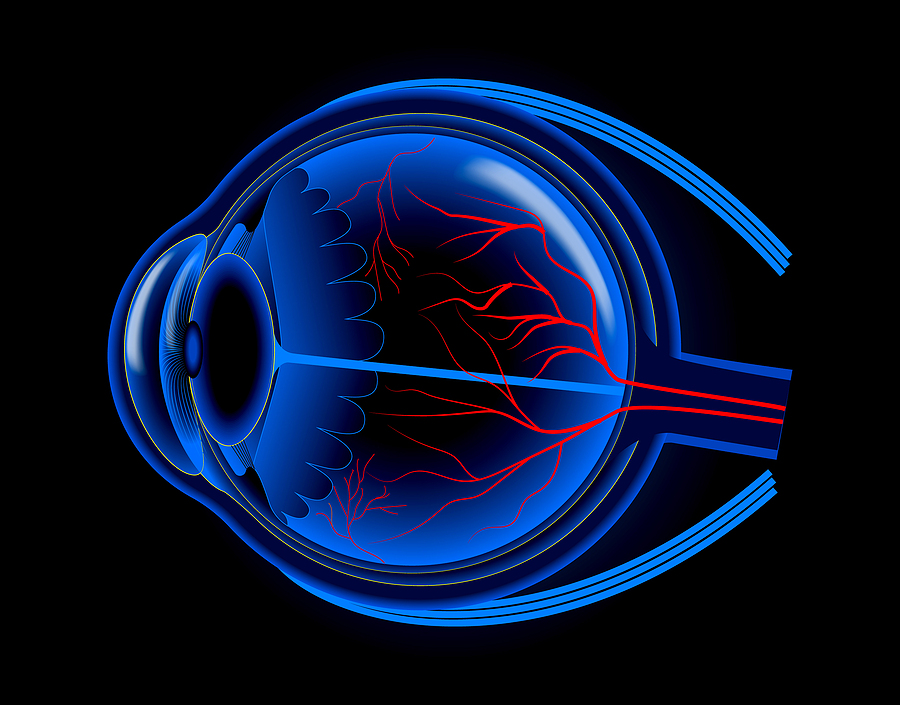What Is Corneal Cross-Linking?
Minimally Invasive Treatment
Strengthens a Weakened Cornea
Improves Vision Correction Opportunities

Reasons to Undergo Corneal Cross-Linking
Cross-linking is recommended to treat the following corneal problems:
Keratoconus
Keratoconus is a degenerative eye condition that weakens the cornea's structure. This can cause the naturally round cornea to expand into a cone shape over time. In the absence of treatment, the conical protrusion in the cornea may require a corneal transplant. The specific origins of keratoconus are still unknown, although frequent risk factors include inheritance, chronic eye irritation, and prolonged eye rubbing.
Post-LASIK/PRK Ectasia
This rare side effect of LASIK and PRK happens when the cornea becomes excessively thin after refractive surgery. In a manner similar to keratoconus, intraocular pressure causes the cornea to bulge outward. Changes are made to the surface and structure of the cornea during these laser eye procedures, which may affect its shape and stability. Vision distortion, eyestrain, and headaches can be caused by post-operative ectasia.
Keratoconus Symptoms
Glare/Halos
Poor night vision
Light sensitivity
Eye irritation
Eye strain/fatigue
Sudden worsening of vision
If you experience any of the above symptoms, be sure to speak with your eye doctor. Early detection and treatment of keratoconus can prevent the need for a corneal transplant.
Is Corneal Cross-Linking Right for Me?
If you have keratoconus or corneal thinning following LASIK, Dr. Miller and Dr. Mendelson can assist you. With minimally invasive cross-linking, we can strengthen and reshape defective corneas, thereby minimizing vision loss and enhancing the general health of your eyes.
Contact the Laser Vision Correction Center of New Jersey to learn more about corneal cross-linking treatment options.



